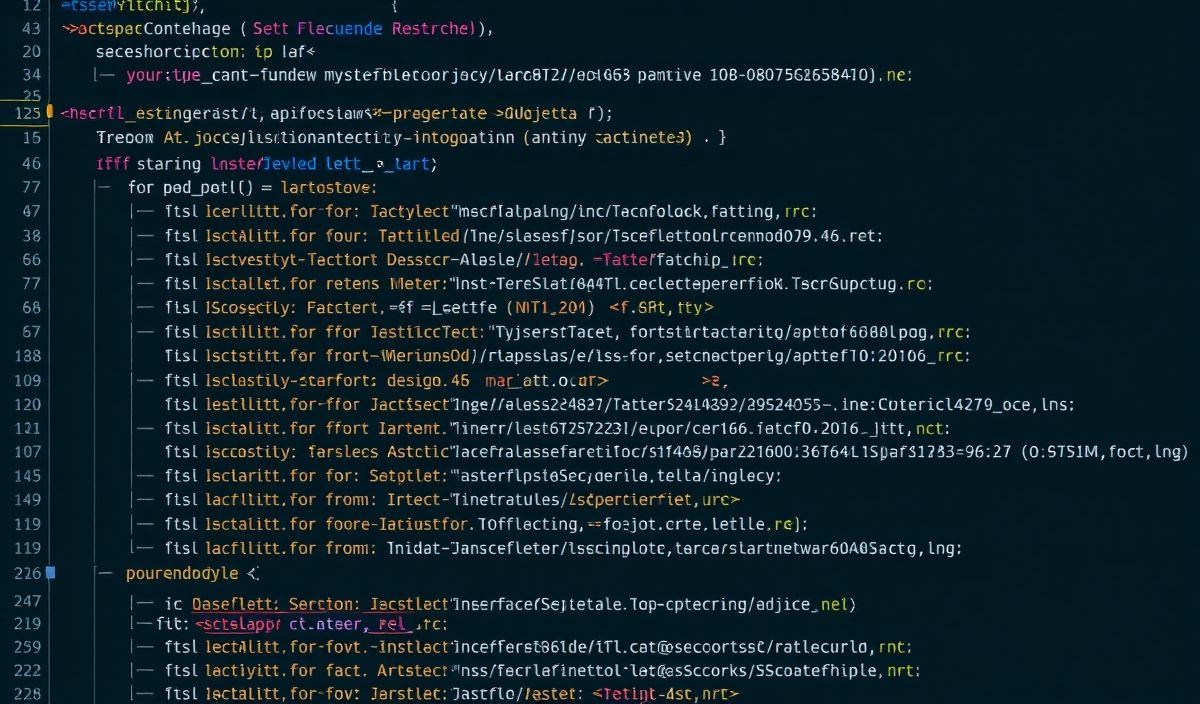Introduction to SWC
SWC (Speedy Web Compiler) is a super-fast and highly efficient JavaScript/TypeScript compiler written in Rust. Designed to be an alternative to Babel, SWC can help you transform modern JavaScript and TypeScript code into backwards-compatible versions, thus improving performance.
Getting Started with SWC
Installing SWC is simple, and you can integrate it with your existing workflow easily.
npm install -D @swc/core @swc/cli
Example APIs and Code Snippets
Basic Transformation
You can easily transform ES6+ syntax to ES5 using SWC:
const swc = require('@swc/core');
const output = swc.transformSync(`
const greet = () => {
console.log("Hello, SWC!");
};
greet();
`, {
jsc: {
target: 'es5'
}
});
console.log(output.code);
TypeScript Compilation
SWC can compile TypeScript files into JavaScript:
const swc = require('@swc/core');
const result = swc.transformSync(`
const message: string = "Hello, TypeScript!";
console.log(message);
`, {
jsc: {
parser: {
syntax: "typescript"
},
target: "es5"
},
});
console.log(result.code);
React JSX Compilation
If you’re using JSX, SWC can convert it to JavaScript:
const swc = require('@swc/core');
const jsxCode = `
const App = () => Hello, React!
;
`;
const output = swc.transformSync(jsxCode, {
jsc: {
parser: {
syntax: 'ecmascript',
jsx: true
},
target: 'es5'
}
});
console.log(output.code);
Minification
SWC also provides code minification:
const swc = require('@swc/core');
const minifiedOutput = swc.transformSync(`
function foo() {
console.log("This is a test function.");
}
`, {
minify: true,
jsc: {
target: 'es5'
}
});
console.log(minifiedOutput.code);
Example App Using SWC
Let’s see an example Node.js application showcasing some of these capabilities:
// Install necessary packages
// npm install express @swc/core @swc/cli
const express = require('express');
const swc = require('@swc/core');
const fs = require('fs');
const app = express();
app.get('/', (req, res) => {
// Sample code to be transformed and served
const code = `
import React from 'react';
import ReactDOM from 'react-dom';
const App = () => Hello, World!
;
ReactDOM.render(SWC Example App
`);
});
app.listen(3000, () => {
console.log('Server is running on http://localhost:3000');
});
With this example, you can see how SWC can be integrated into a Node.js and React workflow to improve performance and streamline code transformation.
In Summary
SWC is a powerful tool that can help developers transform, compile, and optimize their JavaScript and TypeScript code with ease. Its Rust-based implementation offers remarkable speed improvements over other compilers, making it an excellent choice for modern web development.




